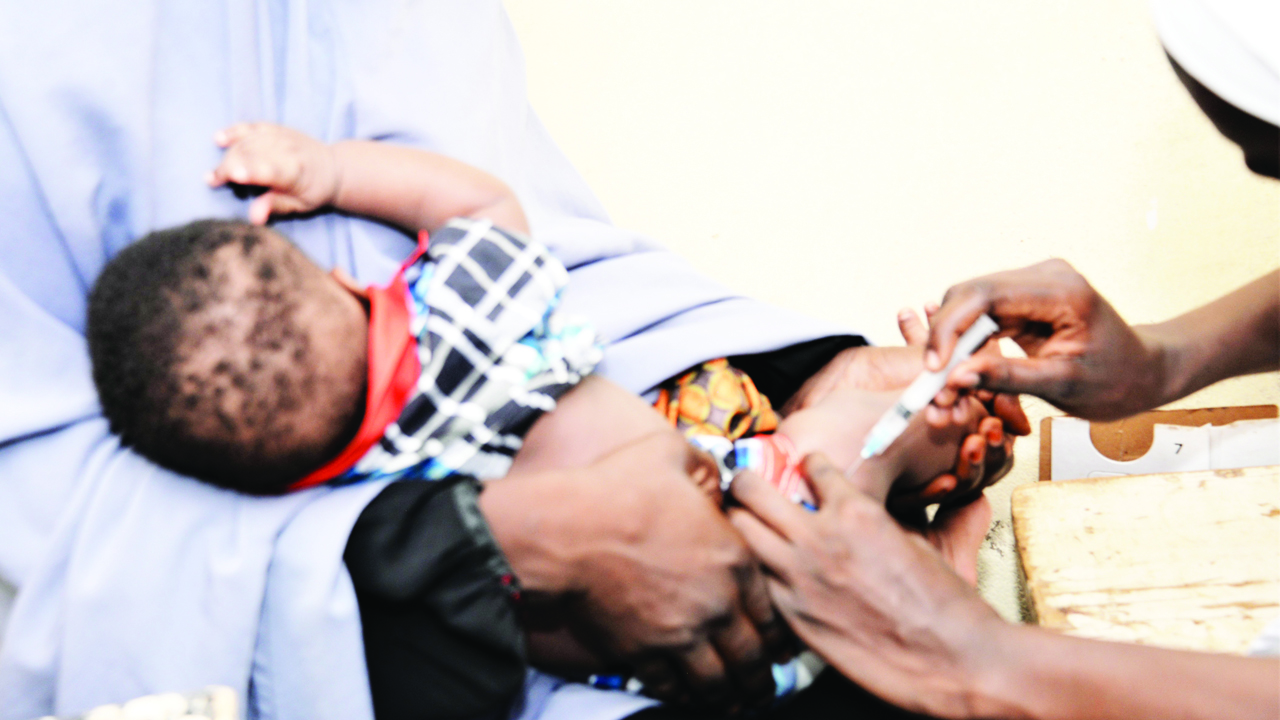The Lagos State Government and the United Nations Children’s Fund (UNICEF) have raised concerns about the staggering number of unimmunised children in Nigeria, with 2.3 million children having received no vaccines. At a two-day media dialogue in Sangotedo, Ibeju-Lekki, Lagos, officials called on the media to amplify efforts to boost child immunisation rates and tackle misconceptions about vaccinations.
Themed “Achieving the Health Sector SDGs for over Two Million Children at Risk of Death in Nigeria: A Media Dialogue to Enhance Routine Immunisation and Reduce Zero Dose Children,” the event brought together journalists from Southwest and Edo states. It aimed to discuss strategies to reduce the number of zero-dose children—those who have not received any vaccines, particularly in hard-to-reach areas.
Chief of UNICEF Field Office for Southwest Nigeria, Celine Lafoucriere, expressed dismay over the large number of children still without vaccines. Speaking virtually, she emphasised the need for urgent action:
“I am coming to you this morning with sad news. We still have a very pressing challenge in Nigeria where 2.3 million children still have received no vaccine at all. You will remember that UNICEF referred to those children as zero-dose children. They are mostly in marginalised and hard-to-reach areas, and vaccination remains very essential to their health and fundamental to every child.”

Lafoucriere explained that UNICEF, in collaboration with the Nigerian government and other partners, has identified 100 local councils in 18 states with the highest concentration of these zero-dose children. The goal is to increase vaccination rates by 15% each year, aiming for a 30% improvement by 2025.
“This cannot be done without you [the media],” she added, urging the media to use their influence to raise awareness. “By working collectively, we can build a resilient health system that is capable of reaching each and every child, leaving no one behind, no matter where they live.”
Lagos State, which is actively participating in the immunisation campaign, is aiming to vaccinate 80% of its population against yellow fever, targeting residents from nine months to 44 years of age. Advocacy, Communication, and Social Mobilisation Focal Person for the Lagos State Primary Health Care Board (LSPHCB), Ayoade Shoboyejo, stressed the importance of media involvement in reaching this goal.
“We are targeting 80% of Lagos State’s population. This exercise is very important, and we expect to cover about 80% of the entire population. It’s a huge task for us, and we need the media to help amplify our voices and curb the misconceptions about vaccination,” Shoboyejo said.
Assistant Immunisation Programme Coordinator, LSPHCB, Dr. Adebayo Adeniji, also urged Lagos residents to embrace immunisation, noting that it saves lives and enhances productivity. He encouraged residents to ensure that they and their families receive vaccinations as part of building a healthier community.

With strong collaboration between the media, government, and health organisations, the hope is to close the immunisation gap and protect millions of Nigerian children from preventable diseases.









